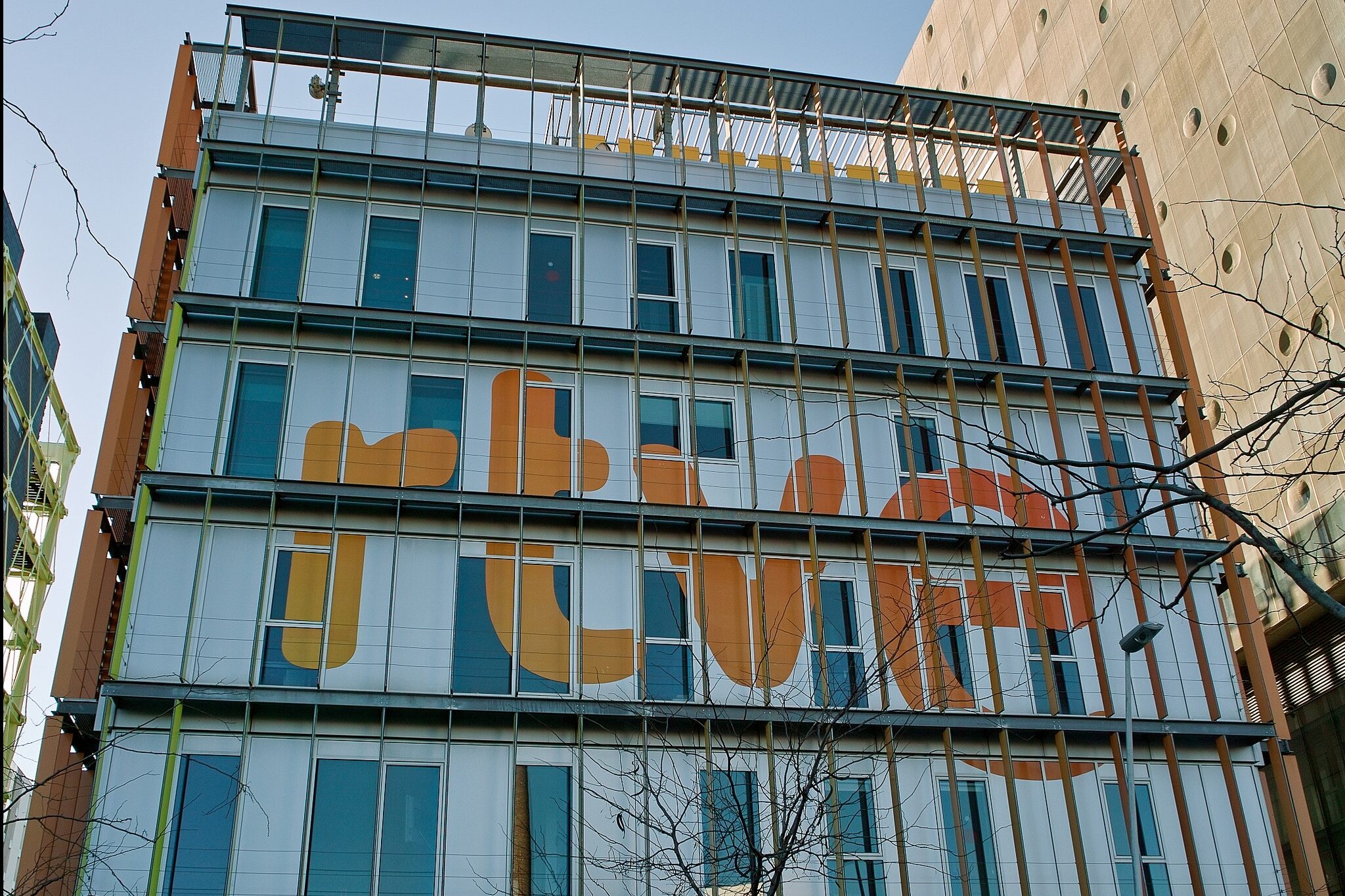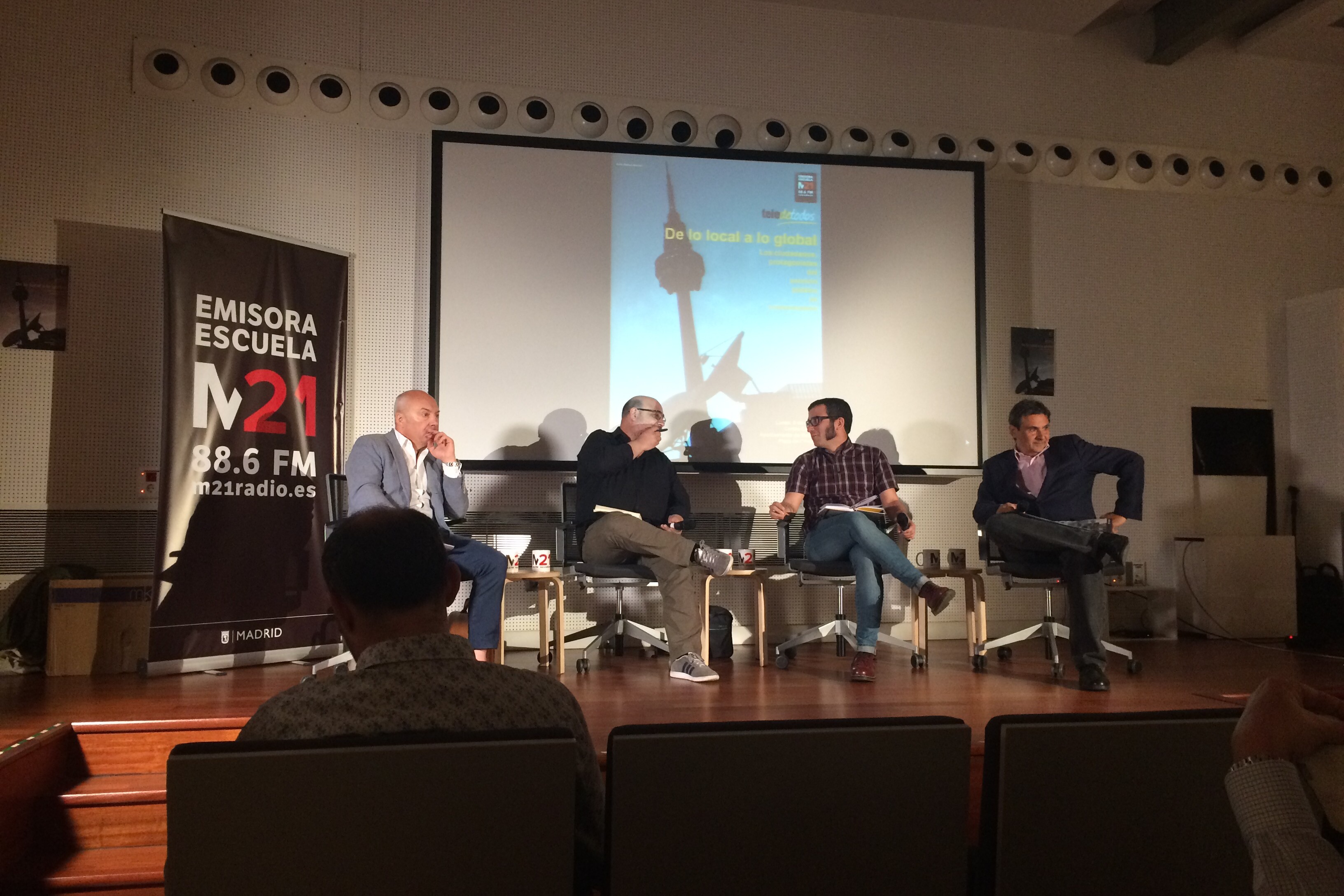After lengthy negotiations, the final reform for Spain’s public broadcaster has been approved, pushing RTVE towards greater independence and transparency.
On June 22, Spain’s Congress approved a reform for the Corporación de Radio y Televisión Española (RTVE), to improve the management and image of the public broadcaster by steering it away from years of corruption and government influence.
The reform established that the President of RTVE and its Board members will have to go through a public contest and be ratified by a two-thirds majority in Spain’s Congress and Senate. If not reached, four parliamentary groups will intervene to create an absolute majority. The reform was agreed by all parties in June 2017.
However, during a Parliamentary session on September 13, the People’s Party (Partido Popular – PP) proposed an amendment that would require more parliamentarians but fewer parties, which would reduce the consensus and – most importantly – step back from the agreements reached during the summer.
The PP proposed that the second ballot for the vote for RTVE’s president and board should require the support of three-fifths of the Chamber, rather than the two-thirds previously agreed on.
This meant that in case the nominations would not be resolved in the first ballot, the sum of the PP and the Spanish Socialist Workers’ Party’s (Partido Socialista Obrero Español – PSOE) vote, which are the two main parliamentary groups, would have been enough to reach the number of votes necessary to make a decision. Thus, the final elections of the public broadcaster’s representative bodies would have fallen in the majority parties, marginalising the rest of the parliamentary groups.
This change was blocked on September 21 when the Congress finally approved the June reform, discarding the PP’s proposed amendment with the consensus of the PSOE, Ciudadanos and Podemos. The new law has been approved to “recover the independence of the corporation RTVE and the pluralism in the parliamentary election of its organs”.
Yet according to PSOE deputy José Miguel Camacho, “the work is not finished”. Camacho urged all parties to agree and work together to achieve greater independence, “to be a public service at the service of citizens and not parties,” putting an end to the vetoes, purges and constant manipulation [of RTVE]“
“We will have the independence and pluralism that we have been reclaiming for years”
However, the passing of the law still remains a very important step and a sign that things have started to change for public broadcasting in Spain.
“We are very happy with what has happened today, fundamentally because it means that things have begun to change and that, sooner rather than later, we will have the independence and pluralism that we have been reclaiming for years,” said Alejandra Martínez, as spokesman of the Informational Councils, to info Libre.
The Senate also approved a motion submitted by the political party Podemos which sees the institution of a committee of experts with the aim of working on the basis of the public contest that will be used to designate the new president of RTVE.
According to Martínez, the new president “has to be someone with enthusiasm, with a clear direction and project, since right now RTVE is in a moment of almost last chance, and we have to take advantage of it to get out of irrelevance, and get back to the place that public radio and television deserve”.
Related Posts
15th May 2017
From the local to the global: transforming public media in Spain
A recent meeting organised by think…
2nd August 2016
Calls for transformation of public media in Spain
In a new challenging political climate,…

